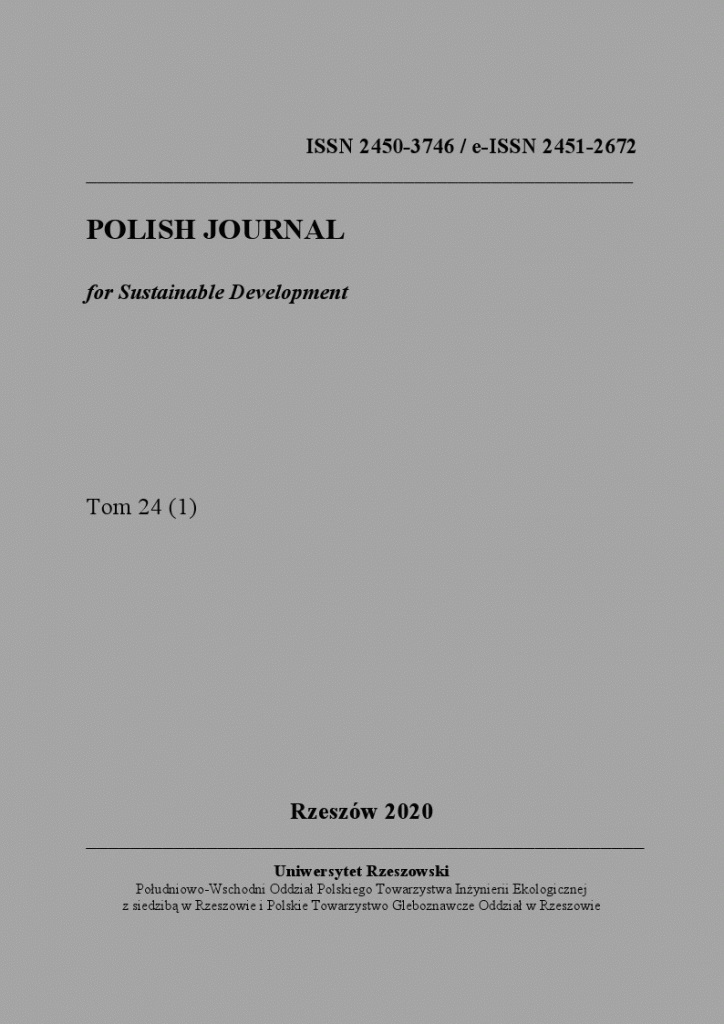Recognition of life cycle (LCA) assessment elements as a support for the organization of sustainable waste management and education
DOI:
https://doi.org/10.15584/pjsd.2020.24.1.9Keywords:
waste management, LCA, social participation, city municipal waste management in RzeszowAbstract
Every element of human activity has an impact on the environment, and the life cycle of most of them is long and complex. The adverse impact of municipal waste on the environment must be considered in many overlapping areas. Therefore, it is expedient to undertake effective analyzes and actions aimed at minimizing the impact of services in waste management on the environment in all phases of the life cycle of this activity, and especially in those where the impact is greatest. The study presents our own attempt to interpret the principles of environmental life cycle assessment (LCA) in waste management on the example of city municipal waste management in Rzeszow. A fragment of his activity was confronted with the effects of cooperation with the residents of the Rzeszów commune. Within this cooperation, two types of behavior of the residents were distinguished: a / collecting segregated waste and b / collecting waste without segregation. The financial data appearing in the enterprise, depending on the types of behavior of residents mentioned, has been compiled and presented.
Downloads
Published
Issue
Section
License
Copyright (c) 2020 Polish Journal for Sustainable Development

This work is licensed under a Creative Commons Attribution-NonCommercial-NoDerivatives 4.0 International License.


